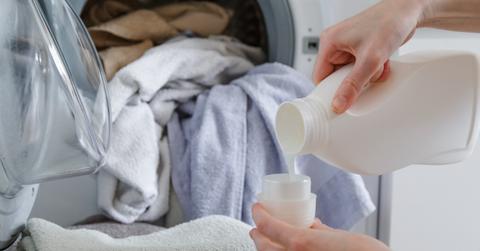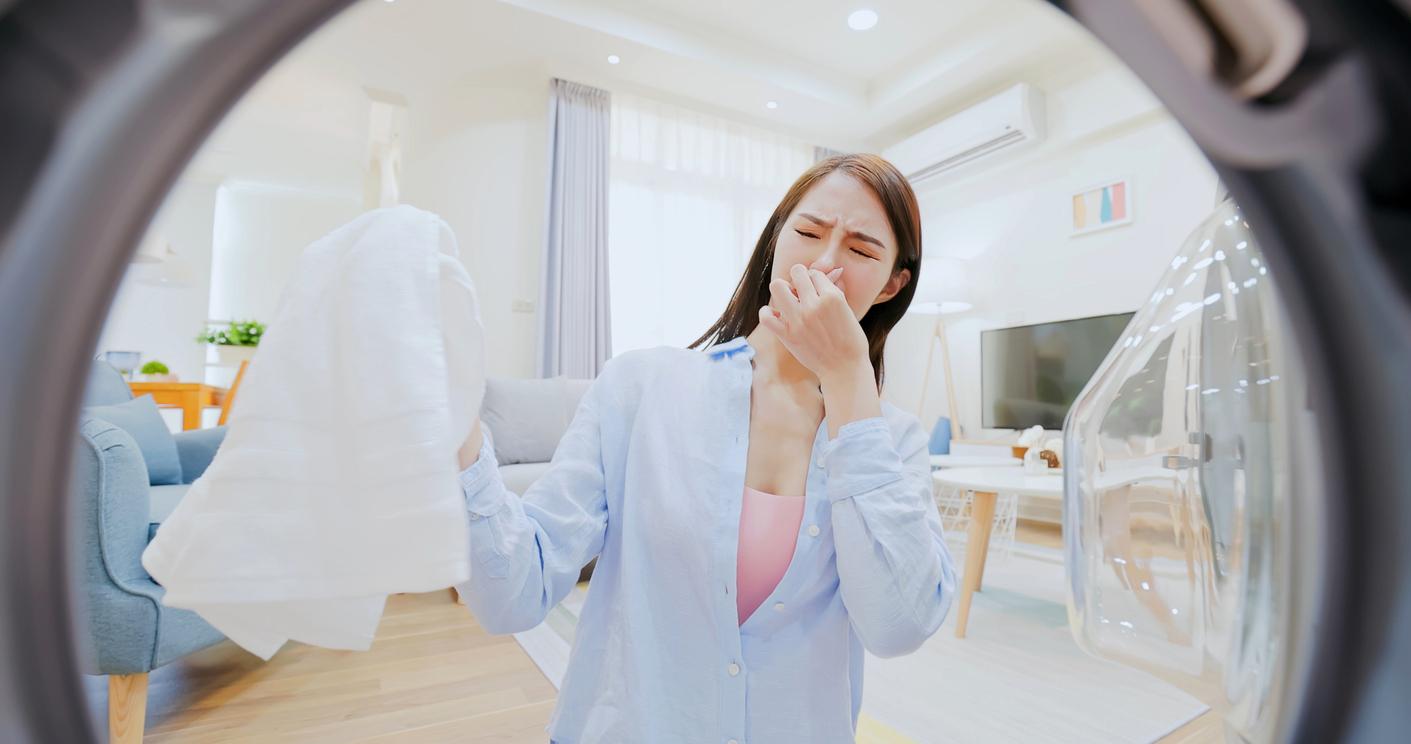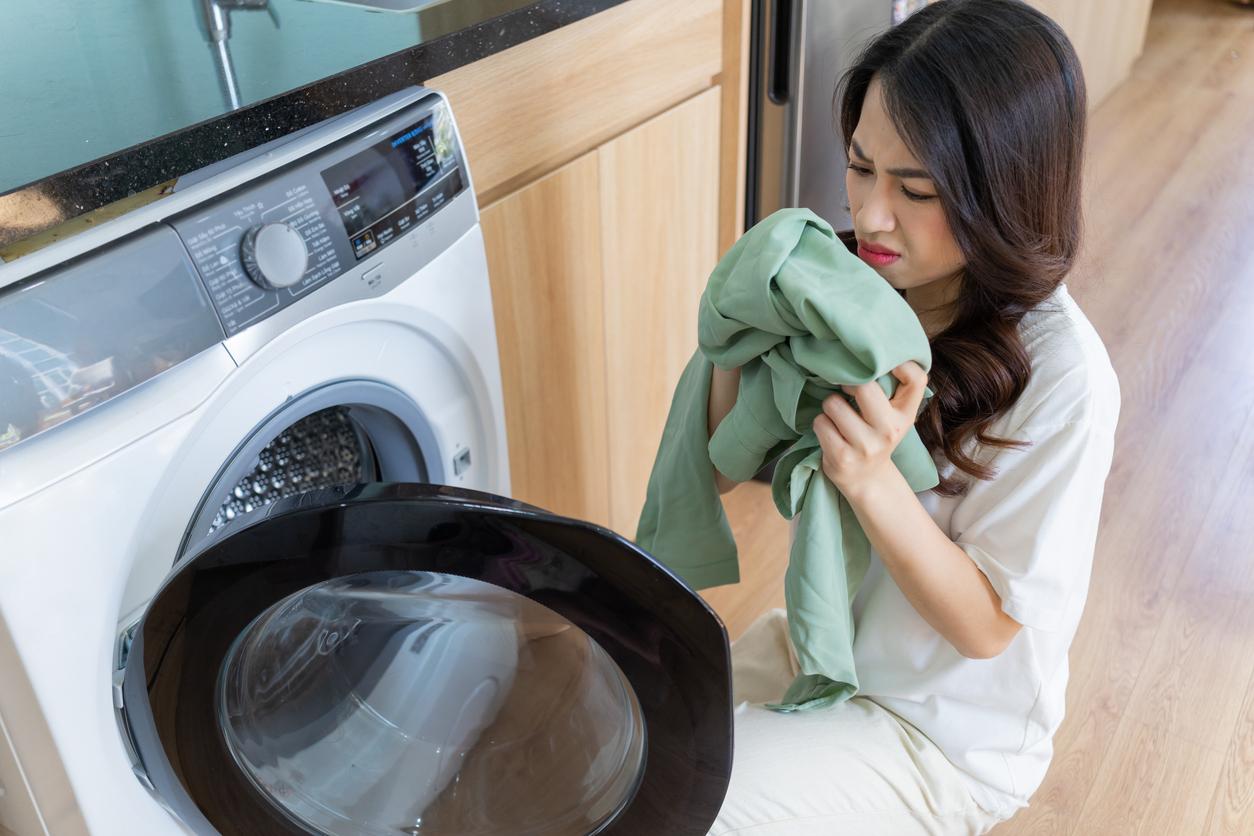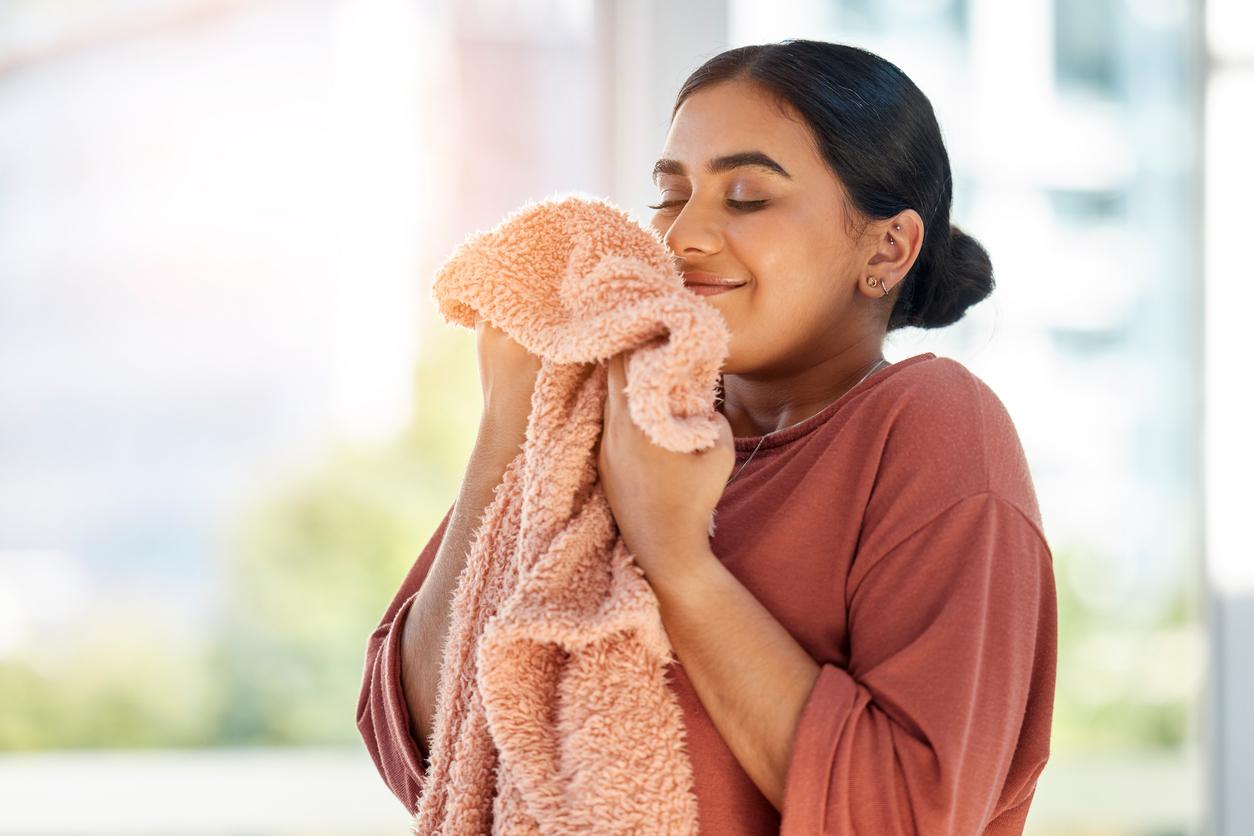Is Homemade Laundry Soap Bad for You? The Pros and Cons of DIY, Explained
I love home products with minimal ingredients, but I'll stick with my eco-friendly laundry soap.
Published June 18 2024, 3:32 p.m. ET

In an endless quest to make our laundry routine more sustainable and planet-friendly, we need to assess factors like if we are overwashing our clothes or if an alternative like soap nuts (or, as they're called in my house, "soap berries") is the way to go.
Some DIYers seeking zero-waste alternatives are turning to homemade laundry soap to get the job done, but is this method safe?
Among the many do-it-yourself projects around the home that reduce waste and keep your wallet fuller, others believe that homemade laundry soap is not one of them. Here is why some people think DIY laundry soap is bad and what other alternatives exist.

Why some think homemade laundry soap is bad:
According to retail brand Puracy, the problem with homemade laundry soap is threefold: the homemade mixture can damage the laundry machine and your laundered goods, and mixing multiple corrosive or potentially unstable chemicals at home can be dangerous.
If you also made a large batch of your DIY laundry soap with no safe preservatives or supplemental ingredients to halt the growth of bacteria, it's a risk to use such a mixture long-term.
According to a firsthand account in Nature’s Nurture, a resource for non-toxic home products, homemade laundry soap proved to be much more of a hassle than anticipated due to a concept known as laundry buildup.
From the odd smell of laundered linens, to clothes that lost their softness over time, to bath towels that failed to adequately dry off their users, the homemade laundry soap made things worse.

Nature's Nurture discovered the homemade soap was causing an unholy buildup of hard water minerals, soap flakes from the homemade mixture, as well as other dirt and bacteria.
The difference in chemical properties between soap and detergent, as well as other supplemental ingredients, proved to be the reason why laundered materials weren't getting properly cleaned.
There's another concern that Butter Believer expertly discusses in a lengthy guide about homemade laundry soaps: the complexity of mixing detergent chemicals.
I'm all for consumers taking control of their health, exploring ways to save money, and investigating ways to incorporate more sustainable products in their homes. However, when mixing laundry chemicals that may bubble, cause skin irritation, or are otherwise caustic, the potential for injury dissuades my interest in homemade laundry soap.

The benefits of homemade laundry soap, however, can be plentiful.
Nevertheless, as Architectural Digest explains, there are many benefits to making homemade laundry cleaner. For those with sensitive skin, concerns about the expensive nature of some commercial laundry detergents, and a desire to have greater control over the sustainability of the products used in the home, homemade laundry soap is a suitable solution.
Additional benefits, per Architectural Digest, include the ability to control the scent (or lack thereof) of your DIY mixture; only include gentle ingredients in your concoction; and the financial savings per load.
Ultimately, finding a homemade laundry soap recipe you trust, with gentle and Earth-friendly ingredients, and in conjunction with periodic washing machine cleanings, will likely lead to the safest, healthiest outcome for you, your clothes, your appliances, and the planet.